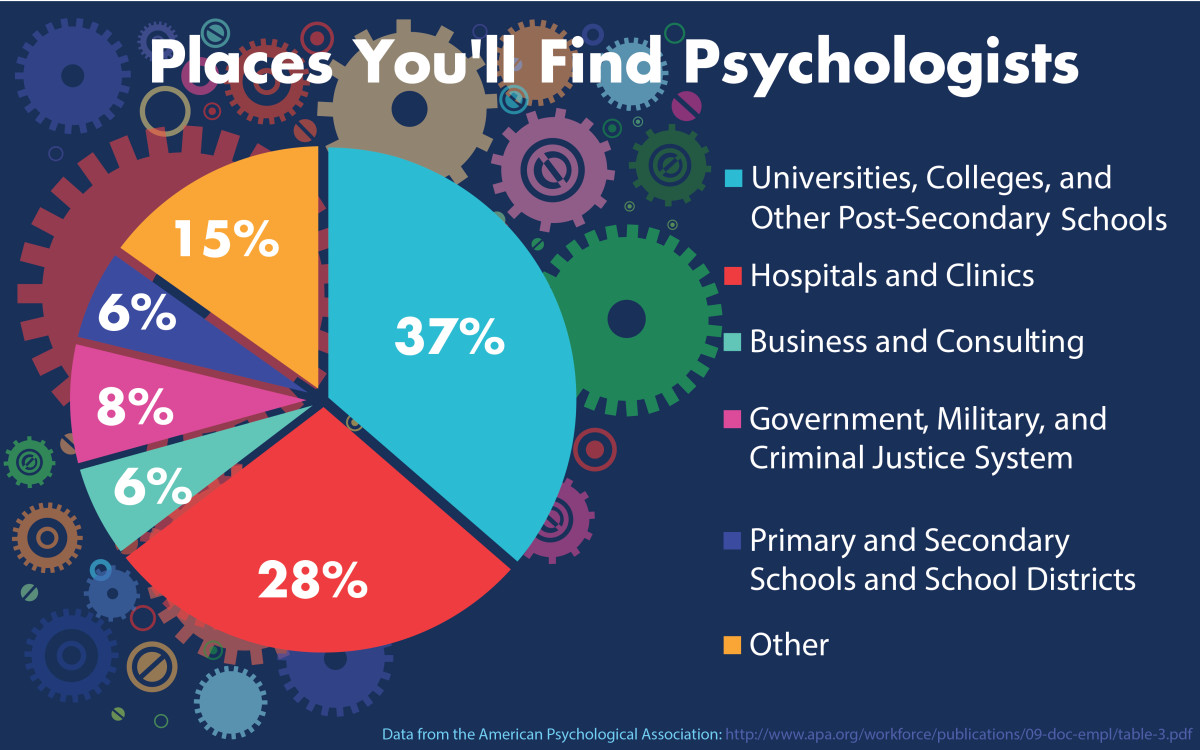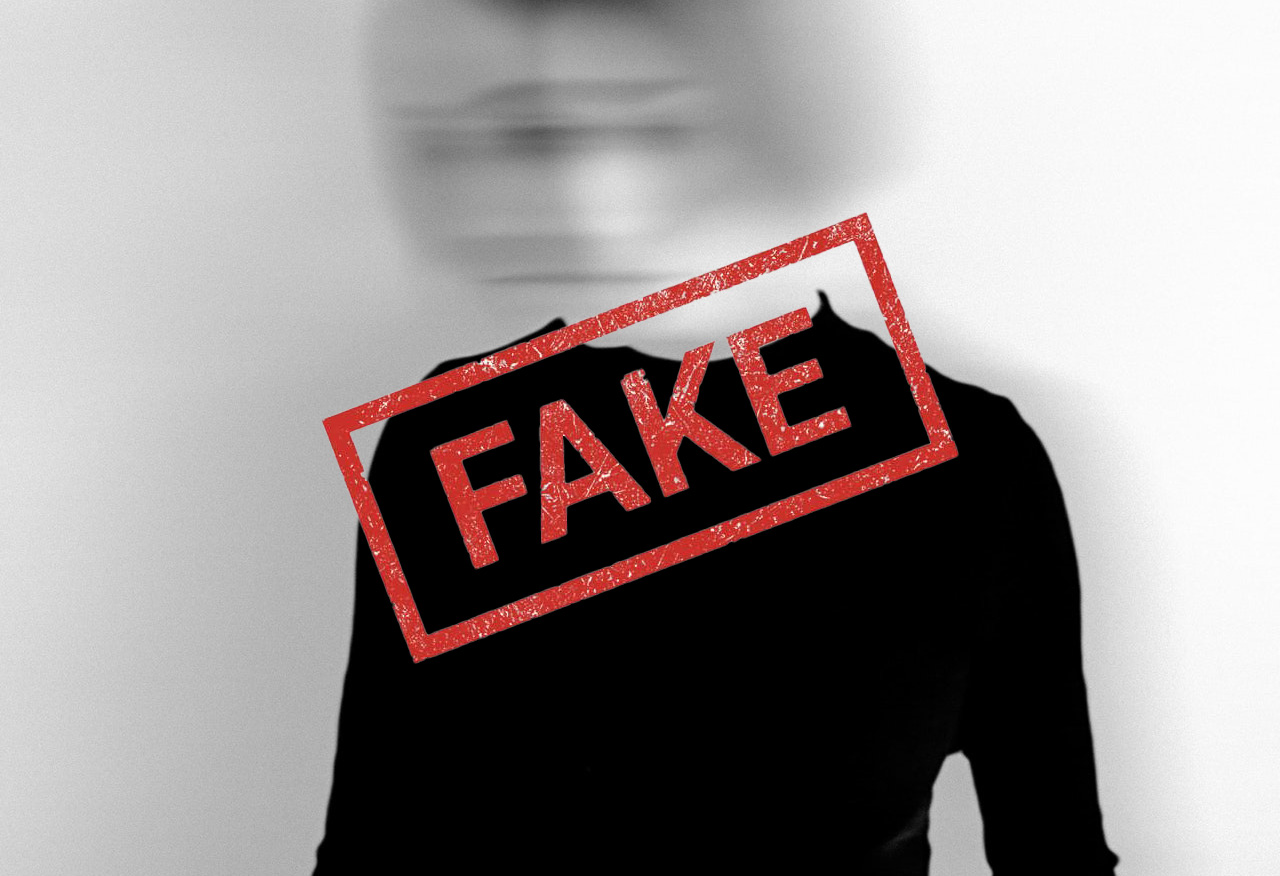The 21st century thrust public mental health into the forefront of cure, management, and prevention efforts, with attention to each developmental period across the life course. Adolescents developing their social identities are confronted with vast new technologies that can be harnessed for good but can also instigate new and emerging risk factors.
In addition, older adults are living longer than ever before in many countries, and, with the lengthening lifespan, have more opportunities for developing strong mental health and wellness, as well as alleviating and responding to stressors.
According to the American Psychological Association, practicing psychologists have the professional training and clinical skills to help people learn to cope more effectively with life issues and mental health problems. After years of graduate school and supervised training, they become licensed by their states to provide a number of services, including evaluations and psychotherapy. Psychologists help by using a variety of techniques based on the best available research and considering someone’s unique values, characteristics, goals, and circumstances.
Psychologists with doctoral degrees (either a Ph.D., PsyD, or EdD) receive one of the highest levels of education of all health care professionals, spending an average of seven years in education and training after they receive their undergraduate degrees. APA estimates that there are about 106,000 licensed psychologists in the United States alone.
What they do
Practicing psychologists help a wide variety of people and can treat many kinds of problems. Some people may talk to a psychologist because they have felt depressed, angry, or anxious for a long time. Or, they want help for a chronic condition that is interfering with their lives or physical health. Others may have short-term problems they want help navigating, such as feeling overwhelmed by a new job or grieving the death of a family member.
Psychologists can help people learn to cope with stressful situations, overcome addictions, manage their chronic illnesses, and tests and assessments that can help diagnose a condition or tell more about the way a person thinks, feels, and behaves. These tests may evaluate intellectual skills, cognitive strengths and weaknesses, vocational aptitude and preference, personality characteristics, and neuropsychological functioning.
How they help
Practicing psychologists can help with a range of health problems and use an assortment of evidence-based treatments to help people improve their lives. Most commonly, they use therapy (often referred to as psychotherapy or talk therapy). There are many different styles of therapy, but the psychologist will work with the individual to identify the best approach to address the person’s problem and that fits the patient’s characteristics and preferences.
Some common types of therapy are cognitive-behavioral, interpersonal, humanistic, psychodynamic, or a combination of a few therapy styles. Therapy can be for an individual, couples, or even families. Some psychologists are even trained to use hypnosis, which research has found to be effective for a wide range of conditions including pain, anxiety, and mood disorders.
For some conditions, therapy and medication are a treatment combination that works best. For people who benefit from medication, psychologists work with primary care physicians, pediatricians, and psychiatrists on their overall treatment. Five states, New Mexico, Louisiana, Illinois, Iowa, and Idaho, have laws allowing licensed psychologists with additional, specialized training to prescribe from a list of medications that improve emotional and mental health disorders, such as depression and anxiety.
How they are trained
A doctoral degree to practice psychology requires at least 4–6 years of full-time study after completing an undergraduate degree. Coursework includes areas such as ethics, statistics, individual differences, and the biological, cognitive-affective, and social bases of behavior, as well as specific training in psychological assessment and therapy.
While in graduate school, psychology students may also participate in research and teaching. A one-year full-time supervised internship is required prior to graduation, and in most states, an additional year of supervised practice is required before licensure. Psychologists must pass a national examination and additional examination(s) specific to the state in which they are being licensed.
Once licensed to practice, psychologists must keep up their knowledge, which is demonstrated by earning several hours of continuing education credits annually, as required by their state’s license and regulations board.
For the states where psychologists are allowed to prescribe medication, they must have advanced training after they are licensed. Specific education guidelines vary by state, but they must complete a specialized training program or master’s degree in psychopharmacology.
Where they work
Many practicing psychologists manage their own private practice or work with a group of other psychologists or health care providers. Practicing psychologists work in many other places too. They are found in schools, colleges and universities, hospitals and medical clinics, prisons and correctional facilities, veterans’ medical centers, community health and mental health clinics, businesses and industry, nursing homes, and rehabilitation and long-term care centers.
How to Spot A Fake Psychologist
In recent times, the media space has been awash with news of fake psychologists. The New York Times reported 60-year-old Glenn Payne who claimed he was a neuropsychologist with advanced degrees from the University of California, Los Angeles, affiliations with two Brooklyn hospitals, and years of experience provided therapy that he was not qualified to give for 6 years.
His degrees were fake, and the hospitals had no records that he had been affiliated with them. Despite practicing clinical psychology, he was not licensed to do so in either New York or California.
According to the Times of Israel, the reason the proliferation of these fake psychologists is legally permissible is that although you are not allowed to call yourself a psychologist without actually having a state license in psychology, you are permitted to call yourself a “psychotherapist” without any oversight. Hence, graduates of all these various programs and degrees refer to themselves as “psychotherapists” and are able to treat patients experiencing the most severe mental illness.
Unfortunately, these patients are often unaware that their “psychotherapists” lack systemic training in psychology. In some cases, these therapists intentionally hide their lack of training from their patients.
If you live in a fairly large city, turn to the listings in the telephone book’s yellow pages under “psychologists.” Standing out among simple one-line listings in this generally reliable book you will probably find a hodgepodge of beguiling ads with names followed by impressive-sounding degrees you never heard of by references to ologies and isms you can’t define. According to an article published by AllAboutPsychology here is how to spot a fake psychologist;
Six Signs of A Psycho-Quack
- He advertises and boasts of his qualifications and abilities.
- He talks about his other clients, even using their names.
- He may make a physical examination. A legitimate man will send you to an M.D. for a checkup and won’t prescribe even so much as an aspirin.
- He gives a quick diagnosis of your troubles. A real psychologist steers clear of labels, even after a long examination.
- He talks excessively. The psychologist spends most of his time listening.
- He promises a cure – sometimes even stipulating the amount of time or money required.
The ads may read something like this: “Don’t worry. Begin to live. See your psychologist.” Or they may offer “sympathetic help” in “strict confidence” Or promise “processing” that will lead to “re-evaluation of the subconscious and reactive mind for better survival.”
In interpreting the listings, bear in mind that the APA frowns on any advertising other than a listing of the psychologist’s name and degrees and the types of services he is prepared to offer. Remember, too, that legitimate psychologists “counsel,” but never “advise,” “process” or “solve.” And they would think it unnecessary to promise sympathy and strict confidence since both are part of their professional canons.
In the yellow pages, you will see plenty of offbeat degrees tossed around. Although a Ph.D. (doctor of philosophy) is the only legitimate doctoral degree for a psychologist, you will find such things as Ps.D. (“doctor of psychology”), Ms.D. ( “doctor of metaphysics” ), M.S.S.S. (heaven knows what) and L.L.B. (to be confused, apparently, with LL.B – bachelor of laws).
The degree of Ph.D. is used in ways that cause suspicion, too. An East Coast operator a few years ago used the degrees M.A. and D.D. after his name and taught yoga. As styles changed, however, he quietly became a Ph.D. and offered to counsel all comers on “all problems.”
Another danger in the yellow pages is the welter of scientific-sounding specialists. Just remember that psychologists practice only the recognized science in which they are trained. Very few use hypnotism or hypnotic suggestion, and at this stage in the use of that psychological tool, the safest thing to do is to steer clear of any hypnotherapists outside the control of a hospital or clinic.
The only psychologists practicing alone that you can be absolutely sure of by looking in the yellow pages, then, are those that have a Ph.D. after their names and a notation that they are diplomates (sometimes abbreviated to DPL) under the American Board of Examiners in Professional Psychology (often cut to ABEPP).
What The Phonies Are Like
A Conservative view of what the psycho-quacks are like as compared with qualified psychologists is given in a study of twelve of them who practiced in Los Angeles.
Of the twelve, three had never had any university work at all; three had bachelor’s degrees from accredited universities but in history, fine arts, and business administration, not psychology; and the other six had degrees from nonaccredited and highly suspect institutions.
Five had no postgraduate clinical training. The seven who had “internships” had taken them at nonstandard religious and scientific agencies.
When interviewed, half of the twelve Said they felt no need for further training at all. One ambitious man said he wished he had a degree in business administration.
Only four of the twelve practiced in office buildings of the type almost all qualified psychologists use. Six were in small private buildings, usually converted homes, and the others were in their own homes or a hotel But they were not fly-by-nights. On average, they had practiced in Los Angeles for nine years. Most of them did well enough, too, to devote full time to their practice, although a couple augmented their incomes with lectures.
Typically, they were lone wolves, practicing alone and staying clear of others in the field. Typically, too. they reported they had no desire for interchanging ideas with colleagues. None, of course, belonged to any recognized local or national association. Almost none read any regular professional journal.
Although qualified psychologists get most of their clients through M.D’s, these said most of theirs came from referrals by former or current clients. They treated all ages of people and had few restrictions on the type of mental difficulty they would treat. Five even said they would handle psychotics.
Also, as might be expected, the twelve unqualified practitioners “cured” their patients in less time and with visits at less frequent intervals than professional men require. About half said 6 months of once-a-week treatments did the trick. Legitimate psychologists usually see their clients twice a week for 12 to 18 months.
Do the phonies ever help anyone? Strangely enough, they probably do occasionally. It is as a prominent psychologist once said, “The darndest things help people.”
How To Find A Good Psychologist
Among reputable men, you have two choices – those in private practices and those in psychological clinics. At clinics, usually in hospitals. schools or family-service centers, you get the benefit of a whole team of experts for maximum safety, and generally, the cost is lower. A warmer, closer relationship can often be built up, however, outside clinics. If you do wish to go to a man in private practice, pick a diplomate in clinical psychology.
To find a clinic, ask at the psychology department of the nearest university, at your local public health department, or at the social welfare office. Or consult the directory of your state psychological association. National directories of qualified people can also be found at libraries.
Finally, once again, don’t depend on the telephone company’s yellow pages or the internet. As one psychologist complained: “We still need to find a way to move most of the listings for P for psychologist to Q for quack.” Also Read: How To Tell If Someone Is Faking Mental Illness







